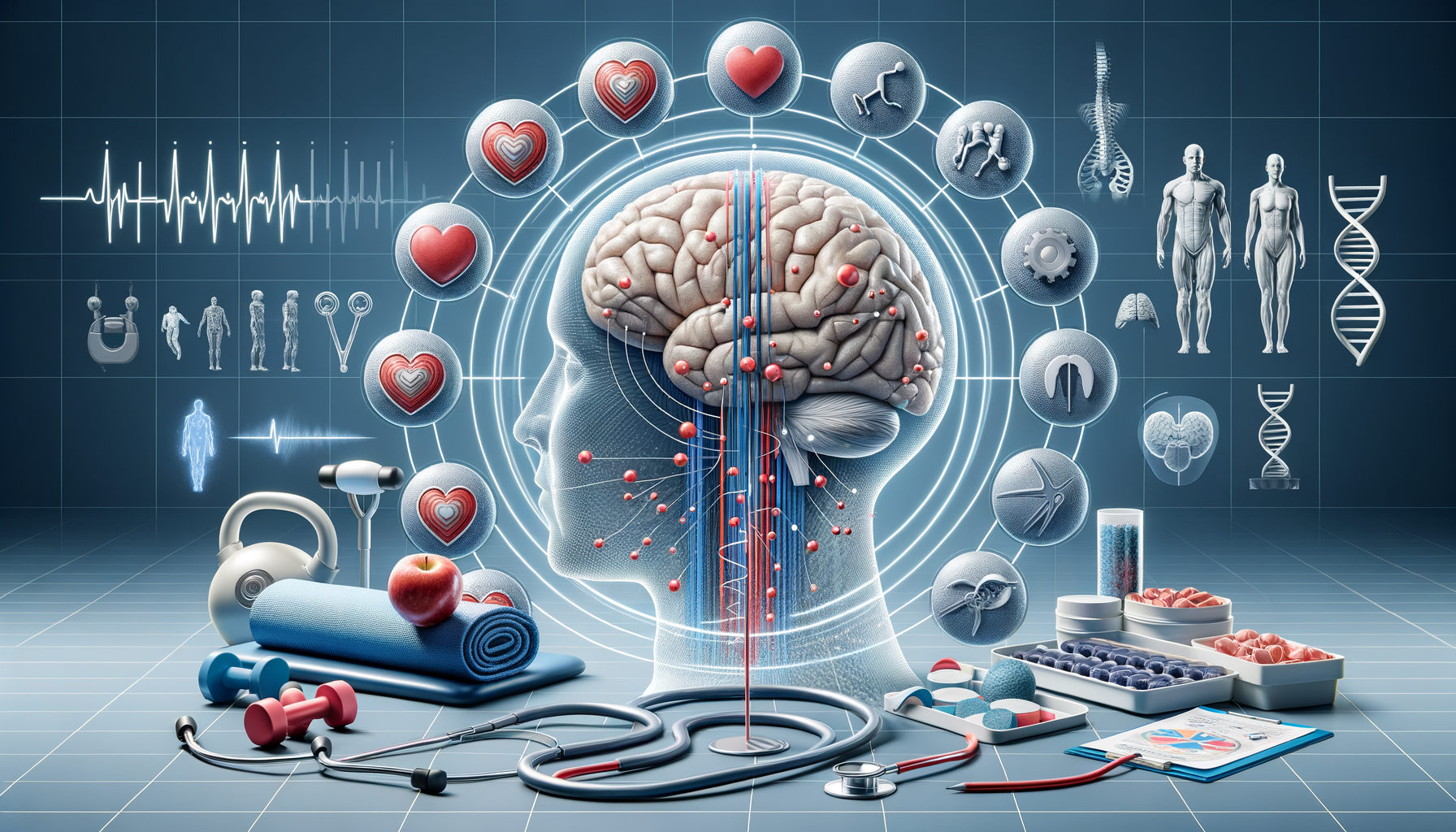The link between our gut and brain is more than just a quirky concept; it’s a scientific reality that plays a significant role in our mental health. With growing research highlighting this connection, understanding the gut-brain axis has become crucial for those seeking to enhance mental well-being through diet and lifestyle changes.
The Science Behind the Gut-Brain Connection
Our gut, often referred to as the ‘second brain’, is lined with millions of nerve cells that communicate directly with our brain. This communication occurs via the vagus nerve, forming what is known as the gut-brain axis. According to Dr. Emeran Mayer, a leading expert in the field, this axis is pivotal for regulating emotions and mental health.
Research Findings and Statistics
Recent studies suggest that around 90% of serotonin, a key neurotransmitter affecting mood, is actually produced in the gut. This highlights the profound effect that gut health can have on mental well-being. Moreover, researchers from a renowned university found that individuals with a balanced gut microbiome were less likely to experience anxiety and depression.
Personal Stories: A Journey to Mental Wellness
Consider the story of Trevor, a tech professional who battled anxiety for years. After incorporating probiotics and a fibrous diet, he noticed a significant improvement in his mood and overall mental health. His experience underscores the potential of dietary changes in managing mental health conditions.
Actionable Tips for a Healthier Gut
- Incorporate fermented foods like yogurt and sauerkraut into your diet to boost beneficial bacteria.
- Reduce sugar and processed foods, which can disrupt gut health.
- Stay hydrated to support digestion and nutrient absorption.
- Consider probiotics and prebiotics to maintain a healthy gut microbiome.
Comparing Diets: Which Supports Mental Health?
| Diet Type | Key Components | Mental Health Benefits |
|---|---|---|
| Mediterranean | High in fruits, vegetables, and healthy fats | Linked to lower depression rates |
| Western | High in processed foods and sugars | Associated with higher anxiety and depression |
| Vegetarian | Plant-based with limited animal products | May reduce anxiety symptoms |
| Keto | Low-carb, high-fat | Mixed results; some report mood improvements |
| Paleo | Focuses on whole foods | Potential for improved mental clarity |
| Vegan | No animal products | Can reduce depression with proper nutrient intake |
| Low-FODMAP | Limits fermentable carbs | Beneficial for those with IBS-related anxiety |
| Gluten-Free | Excludes gluten | Useful for those with gluten sensitivity |
Frequently Asked Questions
What foods are best for gut health?
Fermented foods, high-fiber vegetables, and lean proteins are excellent for gut health.
How quickly can diet changes impact mental health?
While some may experience changes within a few weeks, it’s often a gradual process that varies from person to person.
Conclusion
The complex relationship between our gut and brain is a testament to the importance of diet in mental health. By understanding and nurturing this connection, we can take proactive steps toward enhancing our mental well-being. Whether it’s through dietary adjustments or lifestyle changes, prioritizing gut health can lead to profound benefits for our mind and body.




Leave a Reply